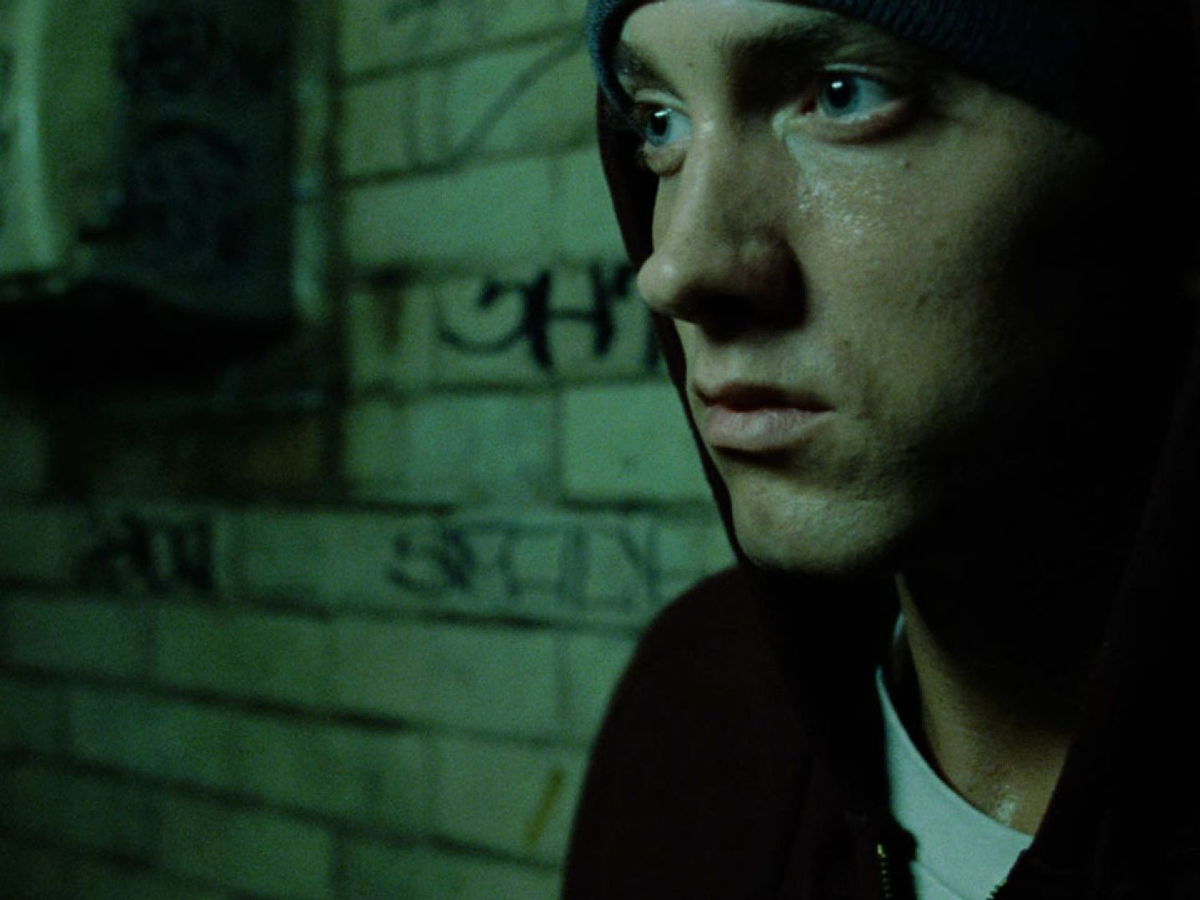How To Write A Winning CV
Holly helps you in the very early stages of getting a job with an essential toolkit for writing a winning CV.
There are many steps you can take to get yourself a nice little job with a tasty little pay sum in your bank. The first and foremost is a curriculum vitae, a CV. The main purpose of a CV is to present positive information about yourself to potential employees in a way that makes them want to give you a call and invite you for an interview.
A CV shows what you have done with your life so far…
A CV shows what you have done with your life so far: your education, training, work experience and skills. A CV is the most simple and convenient way to make a job application, however increasingly employers are asking that you fill in a personalised application form. This is where the employer asks for the essential information and personal qualities that they want to find out about. The information is often the same if not similar to a CV, so it’s best to have a CV prepared before you start an application form.
Unfortunately, as much as I would love to tell you that there is one rule to follow for success, there is no ‘perfect’ CV. But as long as you follow the guidelines, include all of the relevant information, and listen to the words of wisdom from the people who actually read CV’s… you will be off to a very good start.
What information should a CV include?
- personal details
- education and qualifications
- relevant work experience
- references – full references or references on request
*You can also include a personal statement but it’s not a requirement
**Some CVs include photographs
*** You can also include interests and hobbies but it’s not a requirement
****If you are applying for a creative position you can include examples of your work
How long should a CV be?
- it is generally accepted that a CV should be no longer than two pages
How should a CV be presented?
- information in chronological order
- use the same font throughout your CV
- make sure all of the text is aligned- change your margins if you need to
- font size should be 10, 11 or 12
- make sure your spelling and grammar are spot on
What makes a good CV?
- keep it relevant
- keep it concise
- keep it factual
- talk about achievements not interests
- talk positively and enthusiastically about your achievements
Claire Brindley, HR Advisor (Aardman Studios)
A strong CV should show enthusiasm, research and professionalism throughout. Match your qualifications and work experience to the requirements of the role you are applying for. Make sure you briefly explain the reason for an gaps within your employment history, such as travelling. Where applicable, include creative examples of your work but make sure the website link is accurate. Alway make sure you clearly state which job you are applying for and always follow the application process outlined in the job advert e.g. don’t forget a coversheet.
Debbie Pine, Former Managing Director (Pure Actors Agency)
Don’t go overboard on gimmicks. I’ve received tea bags, biscuits and such like alongside CV’s with notes suggesting I “take a break, make a cuppa and read my CV”. It’s understandable to want to stand out from the crowd but there are genuinely better ways. I don’t, like most busy managers have time for it. Do try to show something of your personality in your CV rather than copy generic mission statements. Humour is always a gamble but hey if you can make me smile then that’s always good. For my line of business we also require a photograph to be included on a CV, so keep it straight to the camera and natural.
Katie Edmonds, Women’s Accessories Manager (Urban Outfitters)
I really dislike when applicants include photos of themselves. An employee should never base their decision on anything other than your merits, capabilities and personality. Looks don’t come in to it. Just because you have a good picture, it doesn’t mean you will automatically get an interview.
Chris McLaughlin, Director (Ocean Estate Agents)
First impressions of a CV are very important, and we are seeing increasing numbers with a photograph. Putting a name to a face personalises a CV much more than ‘word art’ or any other fancy formatting. If you do not have much work experience we would rather see what you have done with your time whilst not in work. Gaining any experience, especially with voluntary work will show an employer that you are keen to learn and be active. A lot of CVs list general interests, be more specific- we want to see what makes you tick.
Roseanna Dias, Engagement Project Coordinator (Watershed)
Be brief when writing your CV. People don’t have loads of time to read through all of them. Be targeted- think about who your audience is and what is most relevant to them. Be specific- do you have examples of the work you are referencing or stats to back up points. Check, check, check again (especially formatting, spacing and spelling), and it’s fine to simply say ‘references on request’ at the end rather than including all that information.
Simon Wright, Talent Executive (BBC Vision)
Lots of people have a personal statement on their CVs but ask yourself, ‘why do I need this?’ and ‘is it important?’ Incorporate what I call the ‘so what?’ factor…this works especially well for TV CVs. You might think it’s great to say you are ‘hard working, efficient, keen and responsible’ but these should be a given. They make the production manager or recruiter go ‘So what?’ and think ‘That’s nice but what have they done?’ Personal statements should be about what you have done, not your personality traits.
Karen Hemsley, Site Manager (MatchWorks)
My main rule is to tailor your CV to the position you are applying for, and to keep it concise and relevant. Small things that matter- leave off date of birth, save the CV with a file name that includes the company name, make sure all fonts are the same, check your spelling and always ask a friend to read over it before you hand it in. There aren’t really any hard and fast rules for the perfect CV; it depends on the industry you are applying to. It is your CV and you need to own it and let your personality and suitability for the job shine out- so don’t let anyone ever tell you your resume is wrong. It’s all only guidelines and opinions.
Hopefully you’ve gained a load of great tips from the experts, or perhaps just picked up a few new ones- we certainly have over here at Rife. With a solid CV in hand, getting a job doesn’t have to be as hard as you might think. Don’t just apply for one or two jobs- perseverance is key when job hunting so try, try and try and again.
Do you have any brilliant CV writing or job advice that you swear by? Give us a shout and let us know on Facebook or Twitter. If you would like to seek some professional careers advice help and talk to someone in person, the head along to the LPW drop-in sessions.









